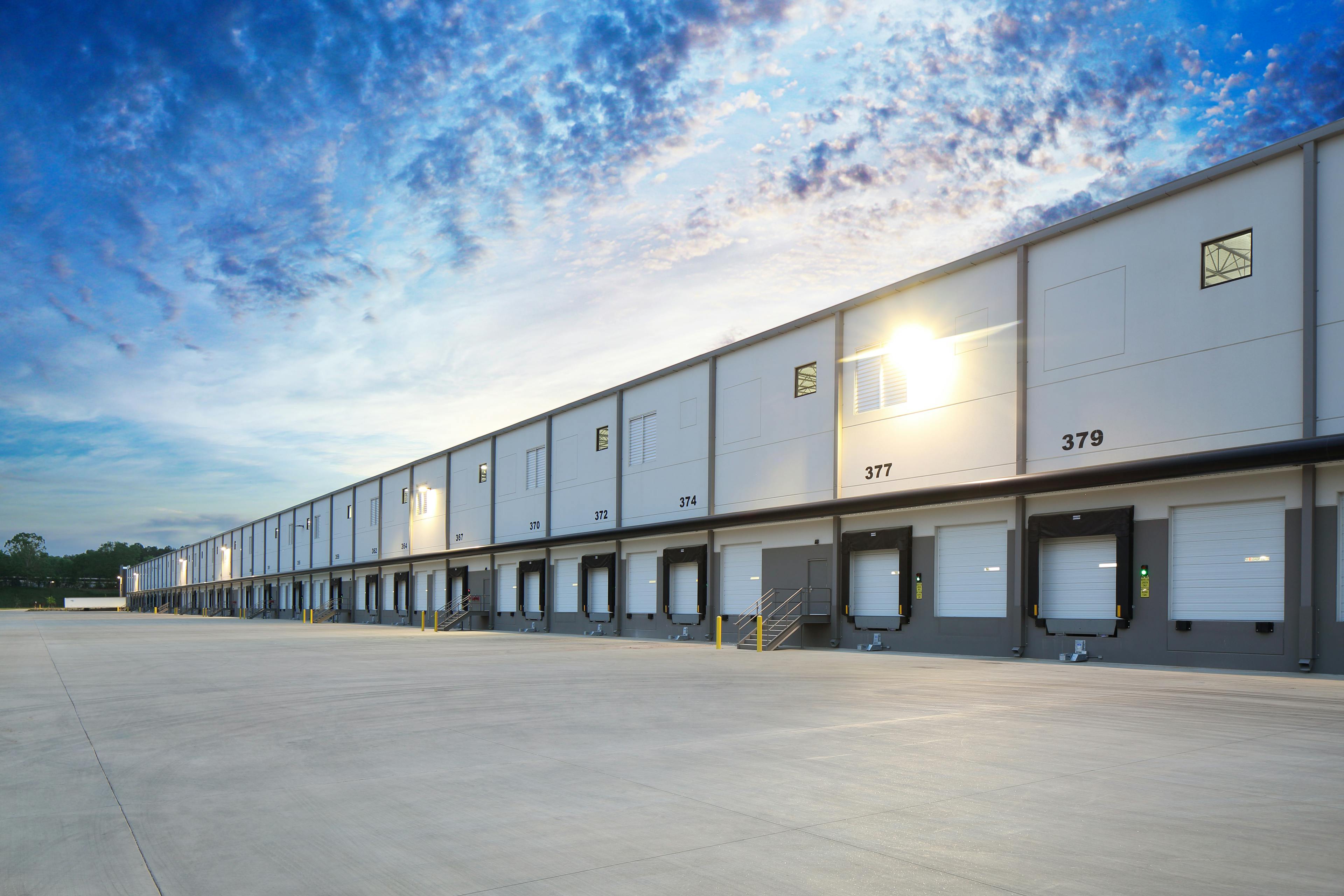Poland is a hit among developers, tenants and investors of industrial space. Still catching up with the Czech Republic

Compared to the Czech Republic, it is four times larger in terms of area and approximately in terms of population. In recent months, it has set an example in many areas of the economy, including the construction, leasing and subsequent sale of industrial space. The supply of commercial real estate is also growing, thanks to massive investment in transport infrastructure and increasing purchasing power. This is most evident in the logistics and manufacturing segment, which has expanded by nearly 2.5 million sqm so far this year to a total of more than 31 million sqm.
"For the Czech Republic, with less than 12 million square metres, this is a staggering figure, but in terms of area and population we are still better off. The truth is that Poland is only gradually transforming its economy. Therefore, many developers and tenants see great potential for the future," says Jakub Holec, director of 108 REAL ESTATE. His company has seen a significant increase in cases where a client has preferred Poland to the domestic market, also because the Czech Republic has caught up with the Czech market in terms of costs and in many parameters the offers of Polish landlords are highly competitive.
This fact, together with a favourable economic outlook and a growing supply of modern industrial real estate, is behind investor activity. Despite this year's significant downturn, mirroring developments across Europe, the overall balance of real estate transactions in Poland is driven by industrial space: by the summer, industrial space worth around EUR 450 million had changed hands. In the previous 3 years, the bill in this sector regularly reached over EUR 2 billion.
The Polish and Czech industrial space markets are very similar in their development. They relate to waves of development activity, demand from tenants, but also rising (now stagnant) rents and operating fees. The difference lies, for example, in the greater diversification of the typology of modern warehouse or production space: in Poland, the distinction is usually between classic large warehouses and properties in the most exposed locations. Increasingly, the so-called Last Mile Logistics areas, mainly associated with the e-commerce sector, also play a role in the classification.
While the rents for traditional industrial concepts in Poland oscillate between EUR 3.50 - 5.50 per sqm/month, in the case of the most sought-after locations it can be up to EUR 6.75 per sqm/month, excluding service charges. Similar rents can be achieved in Upper Silesia around Kraków, central Poland on the Lodz-Poznań axis or in Lower Silesia with its centre around Wrocław. The most expensive in terms of tenants are the leases around Warsaw, where rents range between EUR 6 and almost EUR 10 per sqm/month.
"Another difference lies in the relatively high vacancy rate of Polish industrial properties. While in the Czech Republic this indicator was around 2.3% in the summer, in Poland it was basically triple. This is also a certain competitive advantage, where tenants on the local market can choose from nearly 2 million sqm ready for immediate relocation or expansion," comments Matěj Indra, Head of Industrial Leasing at 108 REAL ESTATE, commenting on the data of analysts at BNP Paribas Real Estate Poland.
However, the tenant mix offers interesting deviations. As recently as spring in Poland, one in three meters of leased space in logistics halls was associated with e-commerce. Other months of this year, the strength of this sector has weakened somewhat in favour of 3PL operators, yet the share of demand and closed leases associated with retail remains high.
According to an analysis by BNP Paribas Real Estate's Polish office, retail - and with it e-commerce - continues to expand in our northern neighbour. This is evidenced by the new logistics centre of the Żabka chain near Warsaw, which is one of the most modern in Europe. Internet giants such as Amazon, Zalando or Answear, omnichannel retailers such as Leroy Merlin, Decathlon, LPP or MediaMarkt Saturn, or e-commerce carriers such as Arvato, Fiege, Spedimex or Rhenus Logistics have their bases here. Of course, global operators such as DHL, InPost, TNT, GLS, UPS, FedEx or DHL are also available.
"Poland was able to obtain European subsidies and investments in transport infrastructure. It is a major European hub combining shipping, modern rail and an increasingly dense network of high quality motorways and expressways. Presenting Poland in this way only in conjunction with a high share of agriculture is a false view. The competitiveness of the Polish industrial real estate market continues to grow, while in Poland it is mainly the price that is rising. We urgently need easier permitting processes, investments in infrastructure and more effective cooperation between developers, municipalities and the state to be able to compete successfully with the Polish market in the future," reflects Michal Bílý, Head of Market Research at 108 REAL ESTATE.
Growing purchasing power and education, active investment policy, relative abundance of development areas, predictable economic development were reflected in the confirmation of the construction of a chip assembly and testing factory in Wroclaw, Poland. The US company Intel, the world's largest producer of computer chips, announced a $4.6 billion (CZK 100 billion) investment. About 2,000 highly skilled workers are expected to find employment in this part of Lower Silesia by 2027, with thousands more to be created at the supplier level.



